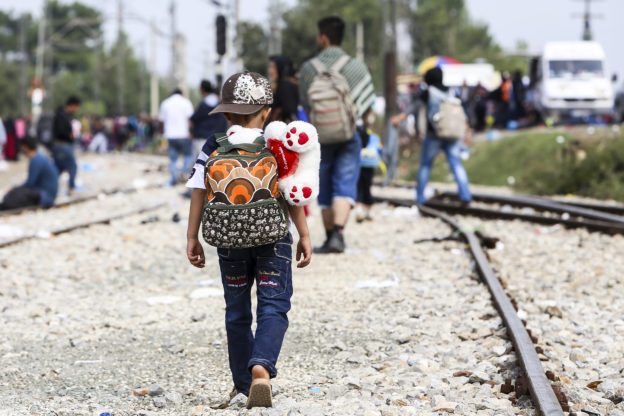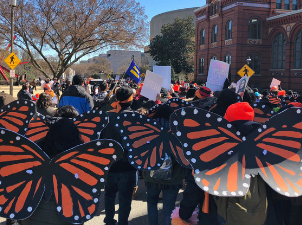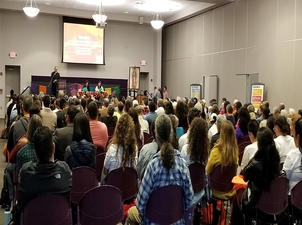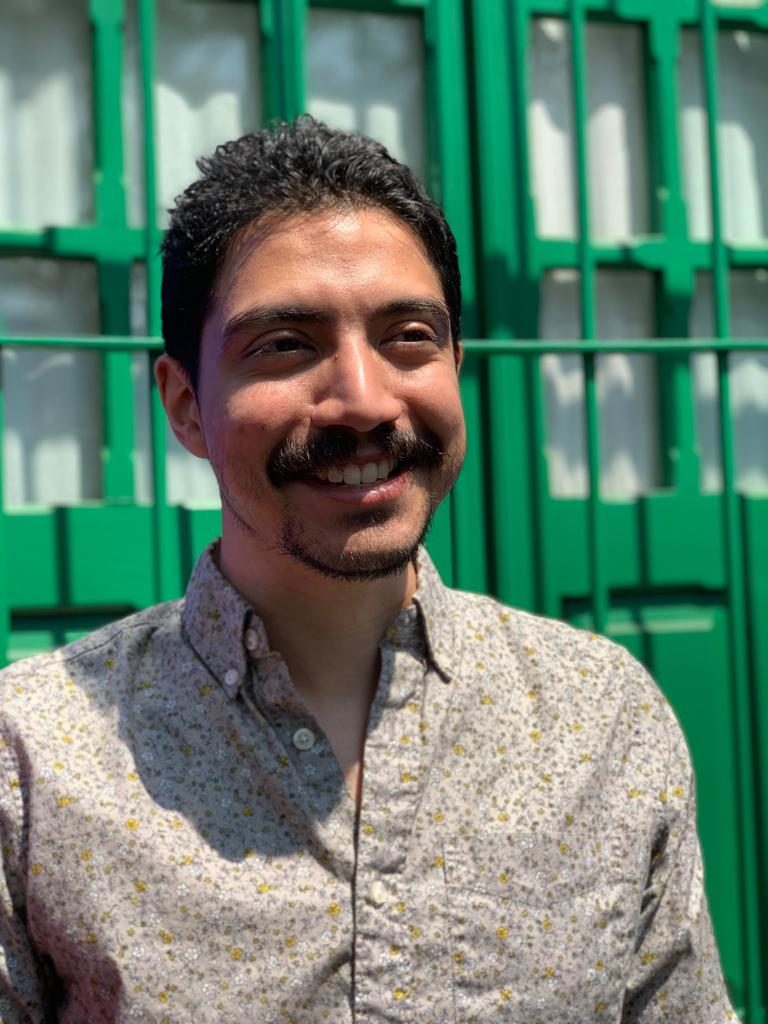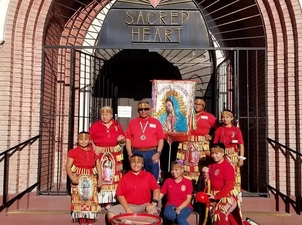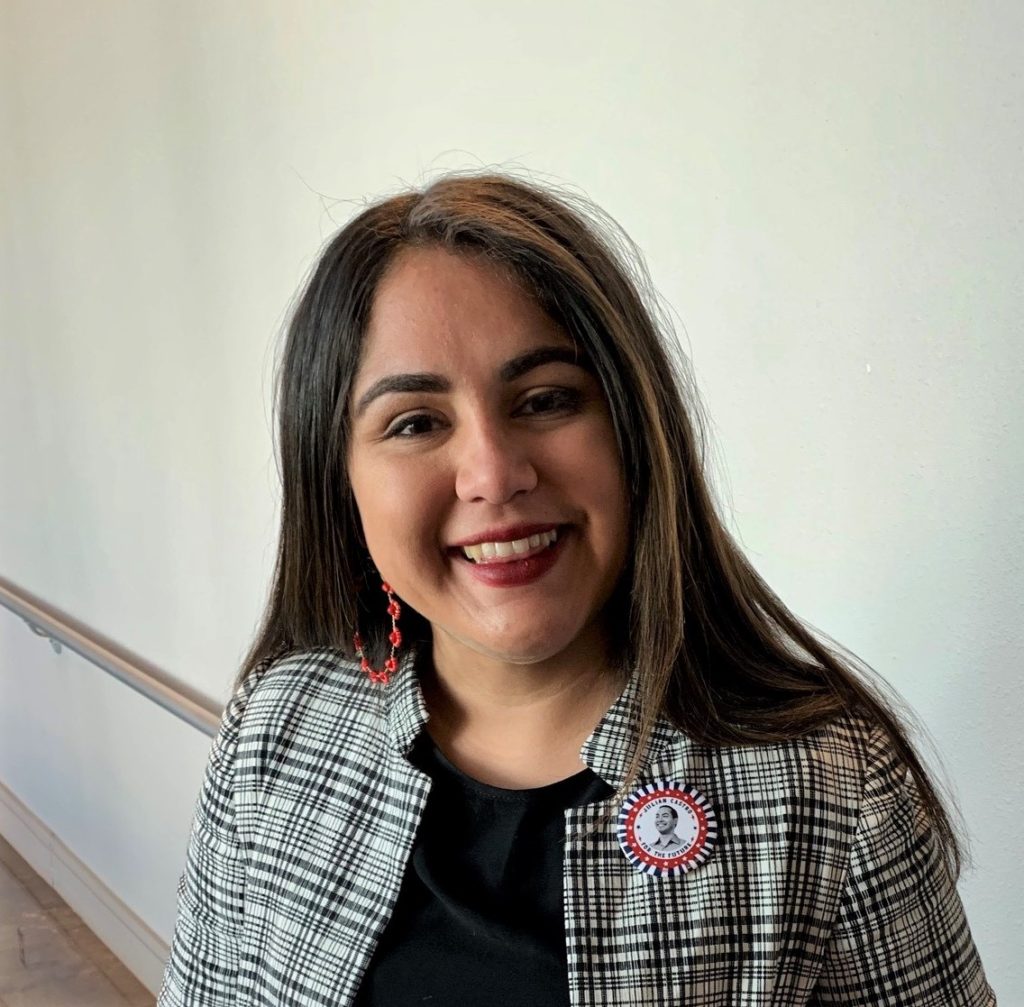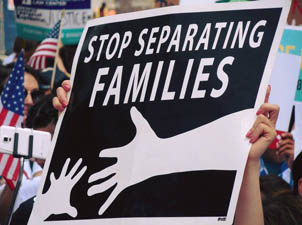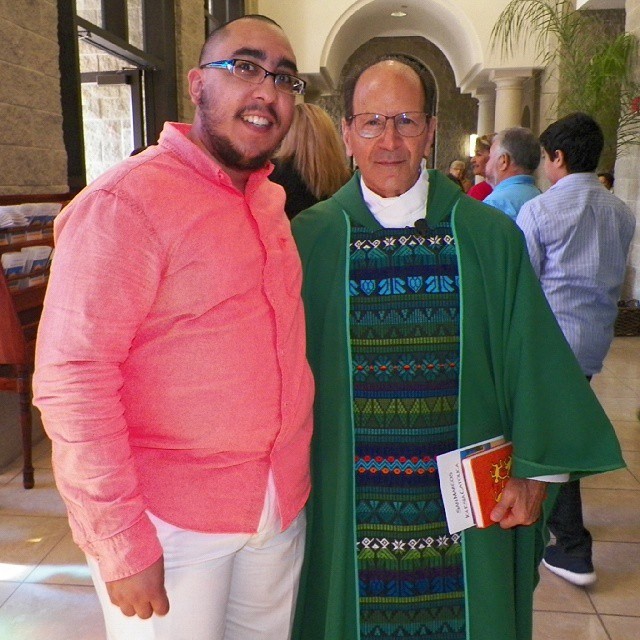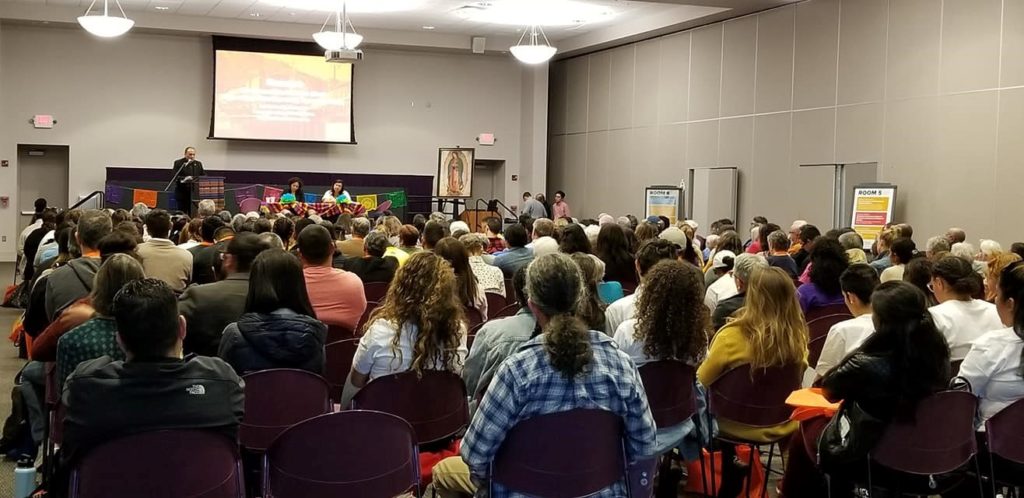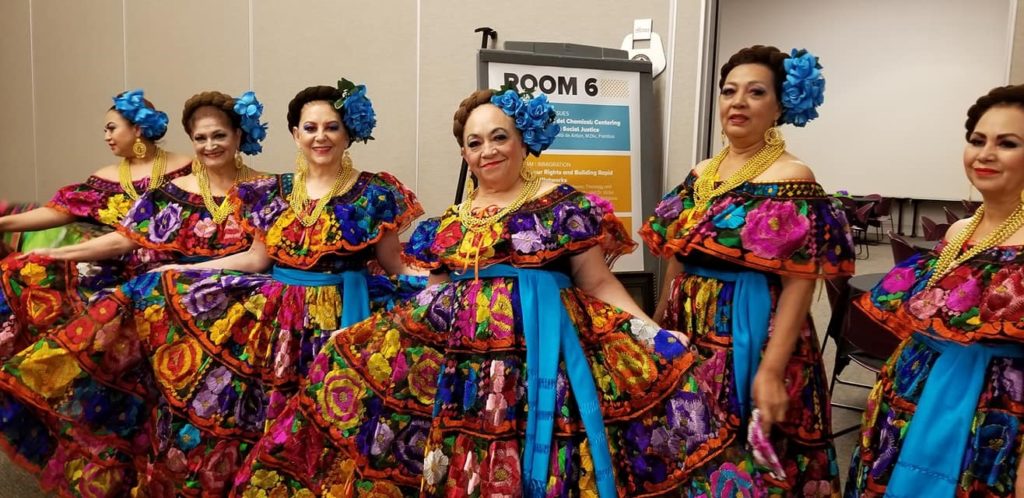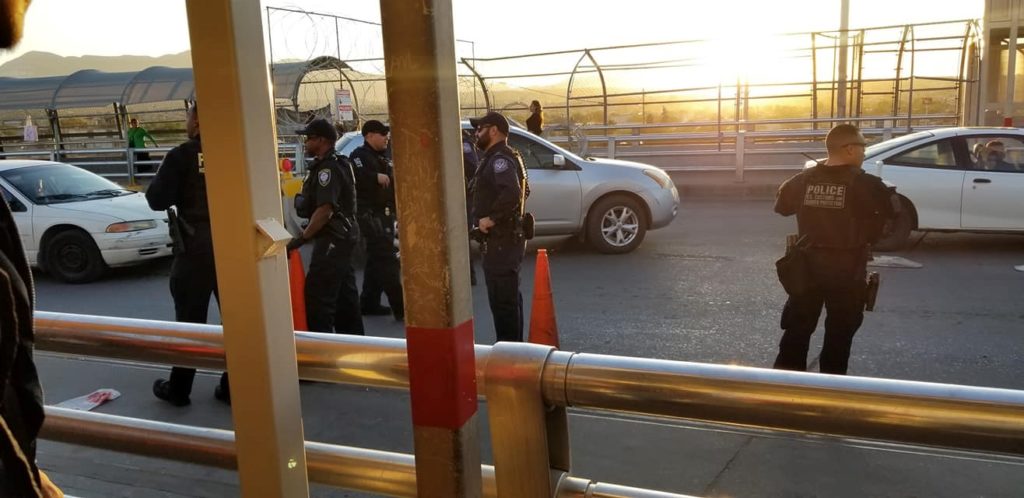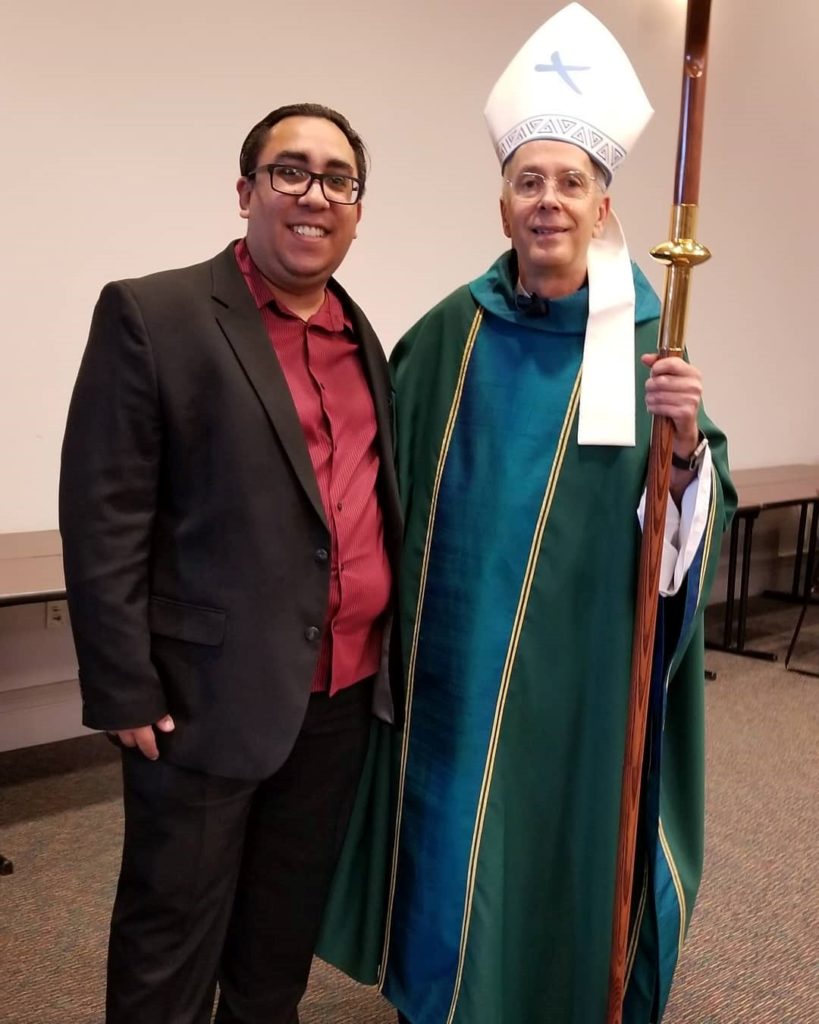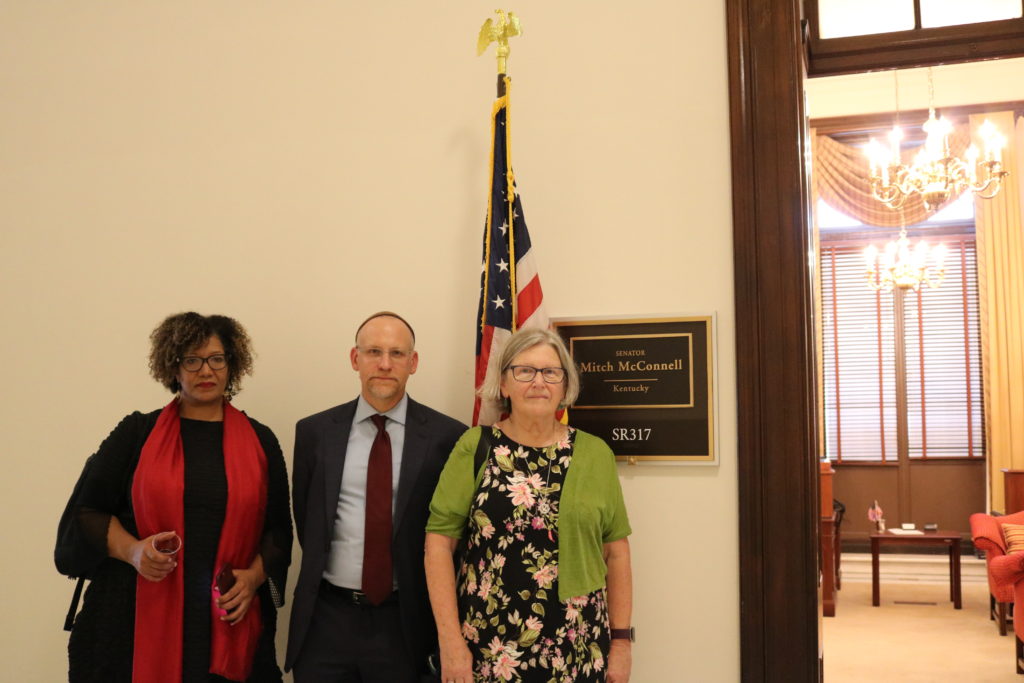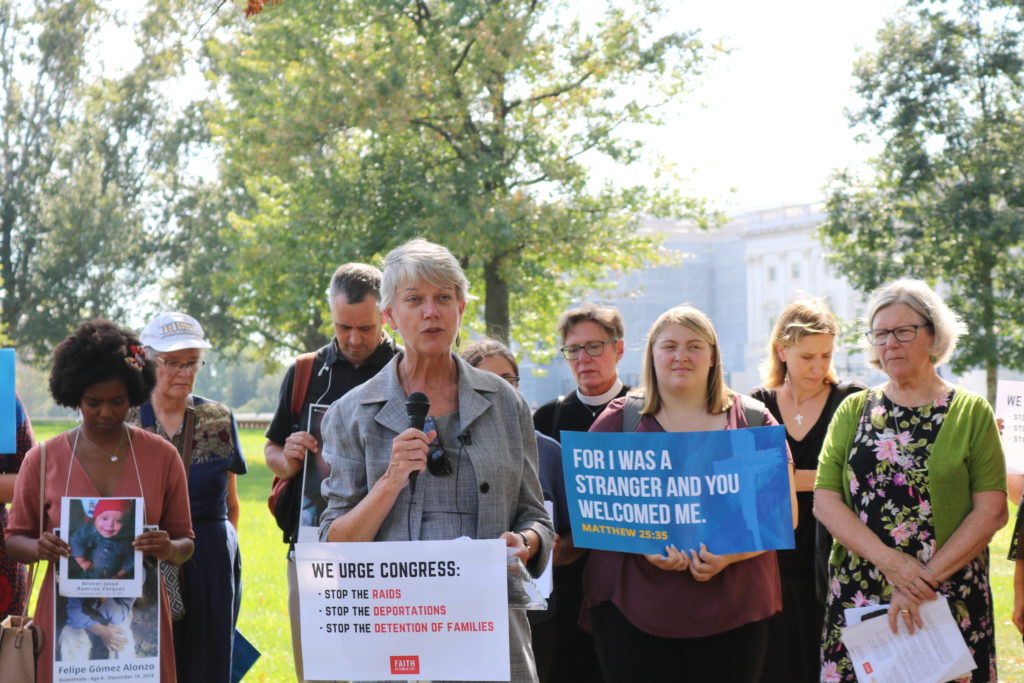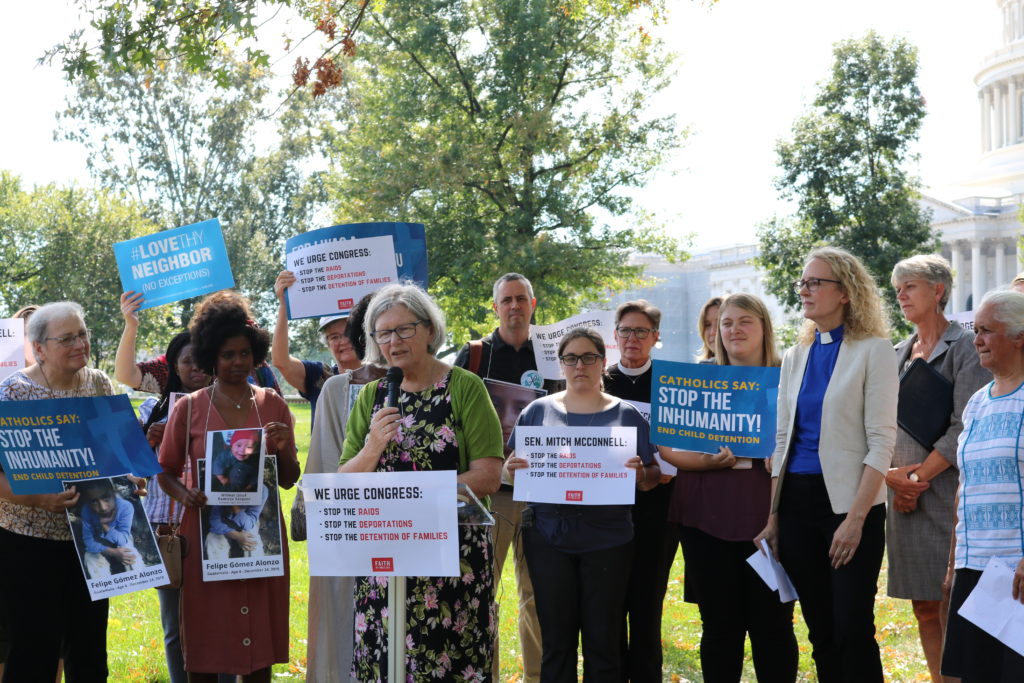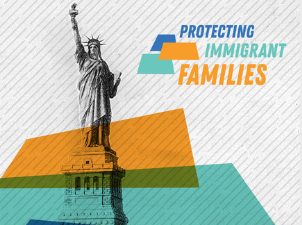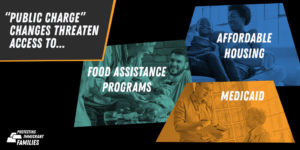
SCOTUS Punishes Vulnerable Immigrant Families
Laura Peralta-Schulte
January 27, 2020
A narrowly divided Supreme Court today allowed the Trump administration to begin enforcing a wealth test, called “Public Charge,” for immigrants seeking a green card. Under this rule, immigration officials could deny green cards or visas to legal immigrants seeking permanent residency if they’ve used Medicaid, nutrition assistance, or other safety-net programs, or if they’re considered likely to do so. The justices voted 5-4 along ideological lines. This controversial immigration rule will go into effect now, even as lower courts wrestle with multiple legal challenges against them.
Today’s court decision will increase confusion and fear broadly across immigrant families about using public programs for themselves and their children, regardless of whether they are directly affected by the changes. There have already been significant reports of families who are not affected by the ruling taking themselves or their children off lifesaving programs like the Children’s Health Insurance Program and SNAP.
Public charge is just one of many attacks on low-income families, immigrant families, and communities of color by the Trump Administration.
Read more from Bloomberg News:
“The Trump rule changes what critics say is a longstanding understanding of federal immigration law and its bar on permanent residency for ‘public charges.’ The new rule expands the definition of public charge and gives officials broad power to determine that someone is at risk of falling into that category.
The rule will ‘radically disrupt over a century of settled immigration policy and public-benefits programs,’ New York, Vermont, Connecticut and New York City argued in a filing that urged the court to leave the rule on hold.”







